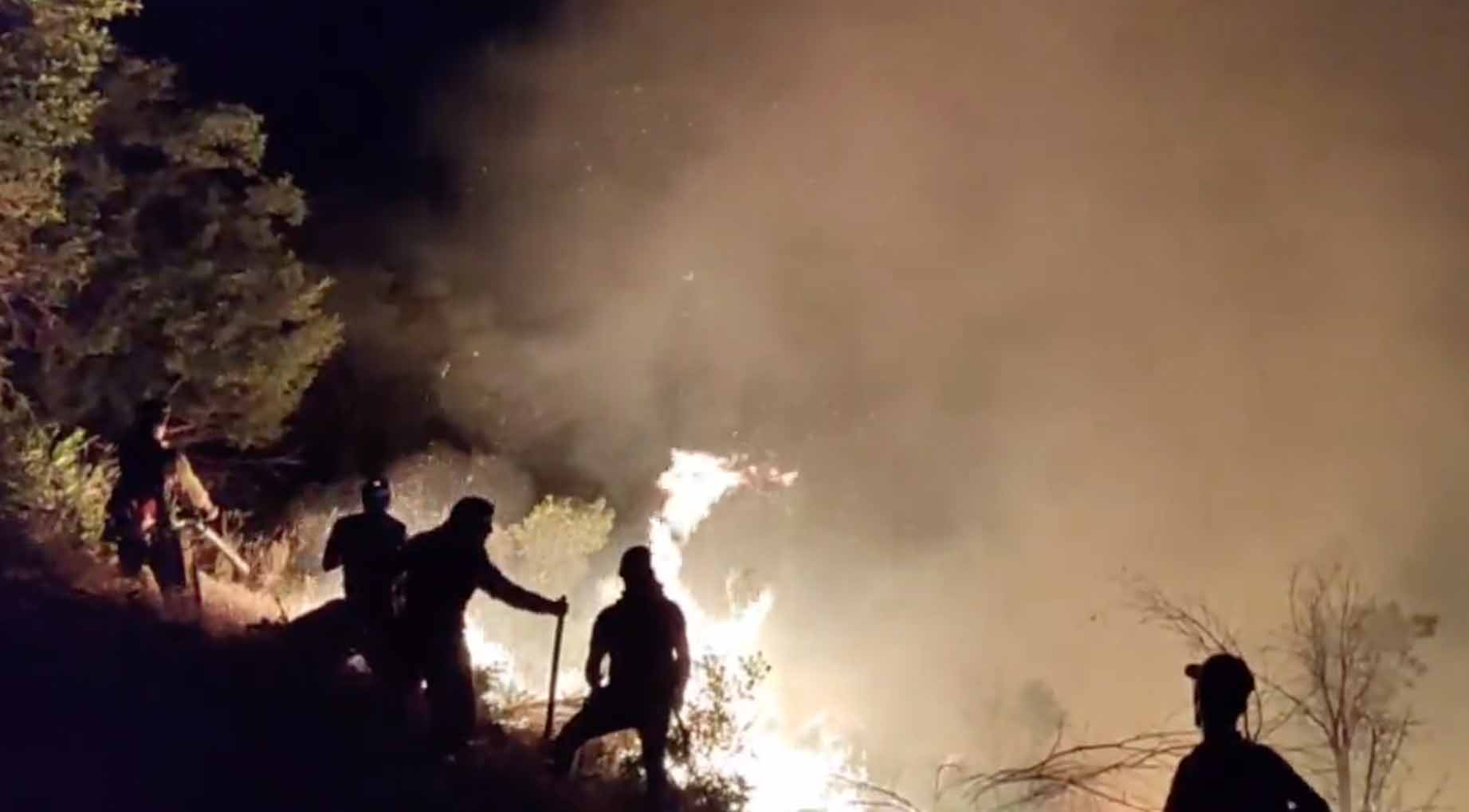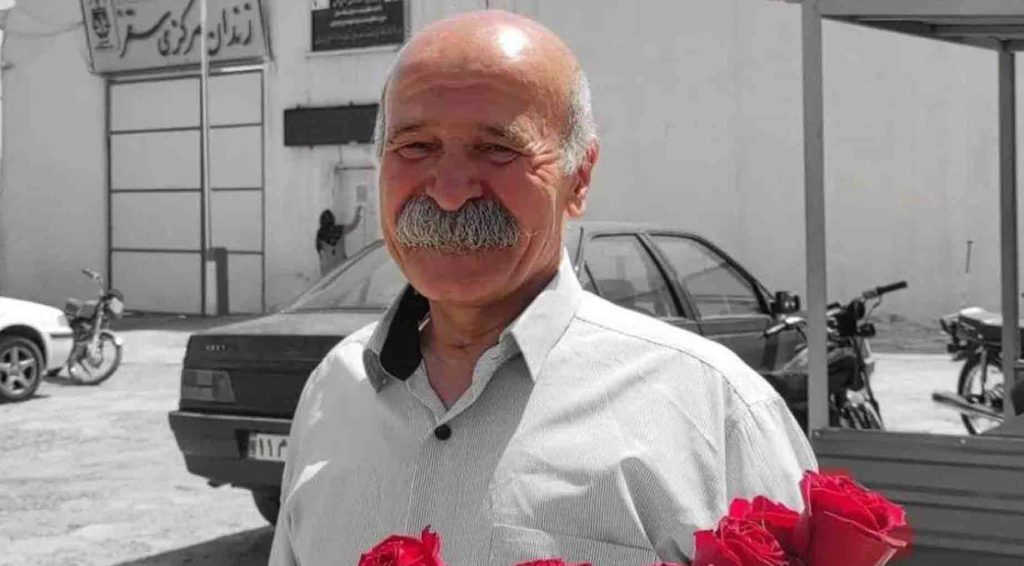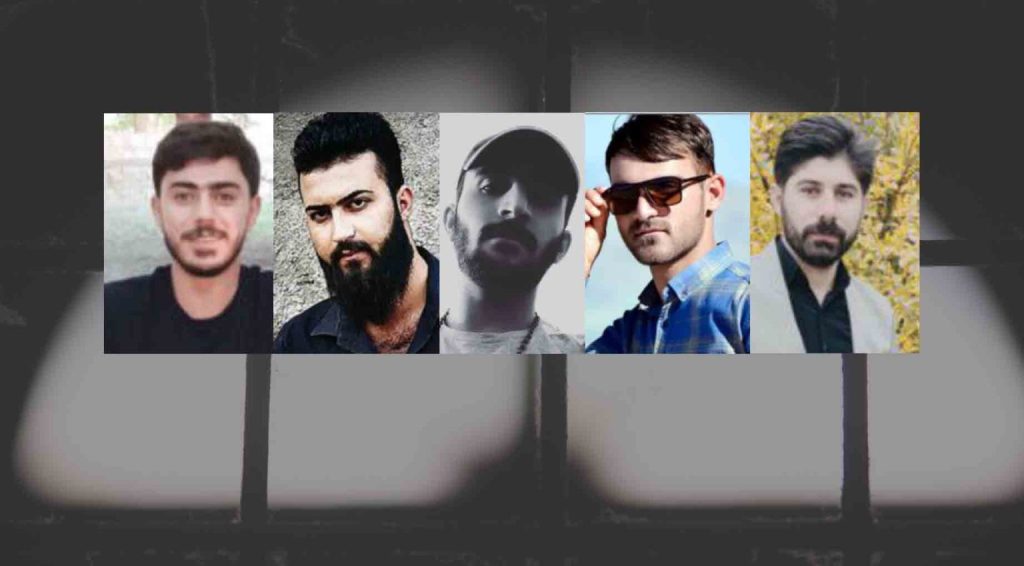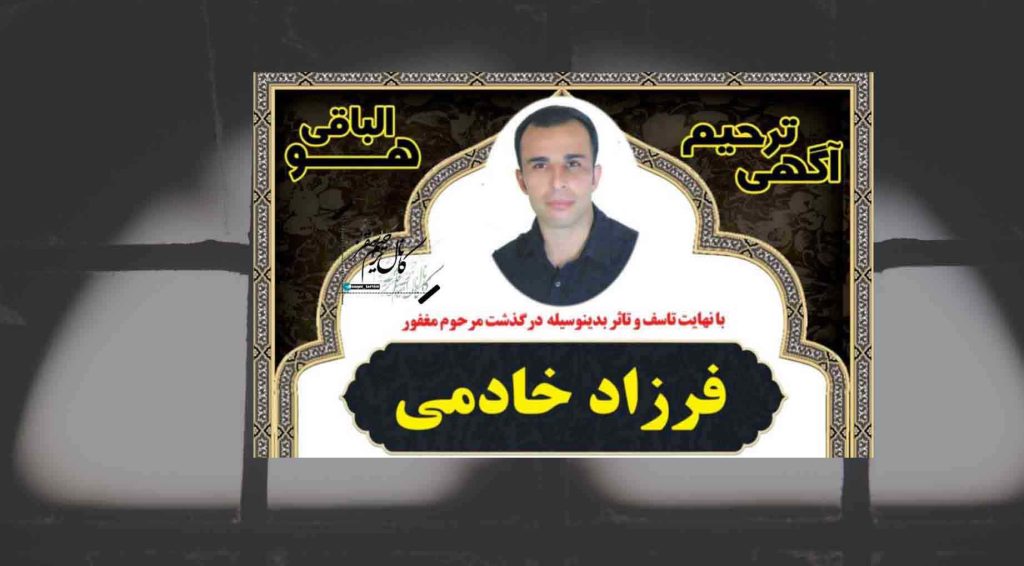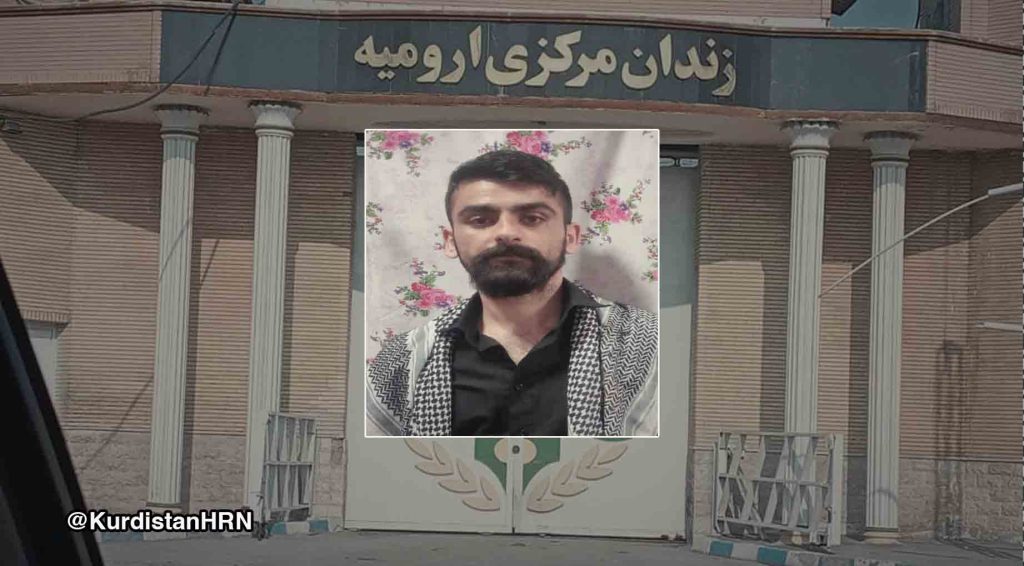After several days of relentless efforts by environmental activists and teams dispatched from various cities in Kurdistan, the raging wildfires that devastated the forests of Marivan, Kurdistan province, continue to pose a significant challenge.
In an interview with the Kurdistan Human Rights Network (KHRN), one of the environmental activists present in the affected area confirmed the presence of a human element in the extensive wildfires, stating, “Contrary to the claims made by some officials and state media, which attribute the fires solely to climate change, our on-ground observations contradict this narrative.”
According to the environmental activist, wildfires broke out simultaneously in two neighbouring regions about ten days ago. The fires in the forests of Kani Miran village spread towards Sadabad village, while on the other side of Zrebar Lake, the fires in the forests of Seyf village spread towards the surrounding areas.
Chya the Green Organisation in Marivan estimated that a staggering 440 hectares of forest had been devastated by these fires.
On 2 August, however, a new fire broke out in the forests of the border village of Asenabad and quickly spread to neighbouring villages. The presence of numerous landmines left over from the Iran-Iraq war hindered immediate firefighting efforts and delayed containment for three days. As a result, a vast area was burnt.
During this time, the intense heat generated by the fire triggered numerous mine explosions, increasing the scale and intensity of the wildfires.
Another environmental activist in Marivan noted: “Despite the successful containment of the fire on 4 August, the border area reignited the following day, spreading as far as the village of Bayveh. Once again, environmental activists intervened and brought the situation under control. Also on 3 August, the forests of Gomareh Lang village, on the Marivan-Saqqez road, were hit by a massive wildfire, prompting the deployment of volunteer teams to combat the flames.”
However, the largest wildfire of the year broke out on 3 August at 11:00 local time in the forests of Darreh Varan village, located in the northern part of Marivan. The intensity of the fire has prompted the Chya the Green Organisation to seek urgent assistance from environmental organisations and activists in various cities across Kurdistan.
One environmental activist said: “In the 16 years that Chya the Green Organisation has been involved in fighting forest fires, we have never seen a fire of such magnitude and difficulty. The forests of Darreh Varan village and its surrounding areas are known for their dense vegetation, which makes the fire fighting efforts much more challenging.”
Contrary to the initial estimate of the commander of the Conservation Unit of the Natural Resources and Watershed Management Organisation, who reported damage to the Zagros forests of around 300 hectares, the Kurdish environmental activist had a different perspective. “The fire turned Darreh Varan into a living hell for several days. According to our initial estimates, around 1,000 hectares of these invaluable and strategic resources have been devestated and destroyed.”
There has been criticism of the response of government institutions in tackling the forest fire crisis. The environmental activist said, “Unfortunately, the government always tends to intervene in fire fighting efforts only when the situation reaches a critical level. In this particular case, their cooperation came only after widespread media coverage and public pressure, failing to meet the scale of the crisis that unfolded.”
Another environmental activist highlighted the inefficiency and inadequacy of the government’s response, saying: “The authorities sent two military helicopters that were fundamentally unsuitable for such operations and lacked significant efficiency. The issue of their fuel consumption had also become a major concern. In addition, the Ministry of Natural Resources deployed ten task forces, whose effectiveness was clearly inferior to that of volunteer activists. Notably, even their resources pale in comparison to those of the Chya, despite the organisation’s limited resources.”
The activist went on to point out that, “Marivan’s Crisis Management Department had previously approved a plan whereby, in the event of a fire, all local administrative offices were mandated to contribute personnel for fire fighting efforts. However, the participation of these personnel often appeared to be a mere formality, seemingly aimed at symbolic compliance.”
Commenting on the recent increase in forest fires, the activist said: “Most of the underlying causes behind the wildfires in our region can be attributed to human elements, whether driven by profit motives, human error, etc. However, even government agencies are among the prime suspects in these critical occurrences. A closer look at the primary epicentres of the recent forest fires, which are often clustered around border outposts, provides strong grounds to assert that armed forces have been directly involved in these fires, apparently carrying out deliberate actions aimed at eradicating the region’s forest cover.”
The activist went on to say, “Over the years, we have witnessed the devastation caused by wildfires in Kurdistan’s grasslands and forests. However, the scale and persistence of these incidents have reached alarming levels this year. Environmental organisations in Kurdistan have been actively involved in fire fighting and fire suppression for years, and our extensive scientific knowledge and experience provide evidence that deliberate human action is systematically destroying Kurdistan’s forests.”
In recent years, Kurdish environmental institutions and activists have repeatedly warned of the irreversible consequences of climate destruction caused by human factors, particularly the systematic destruction by government agencies. Activists say that Iranian armed forces and security institutions resort to the elimination of forested areas because they claim that forces affiliated with Kurdish opposition parties use the forest cover as camouflage for their operations.
The activists also point to the lack of arrest and prosecution by government authorities of profiteers responsible for the destruction of grasslands and forests in Kurdistan, claiming that this very issue has increased suspicions within society about the affiliation of such individuals to security institutions. Especially considering that many of these individuals and groups of forest and land exploiters have been identified by the people and civil institutions in Kurdistan and the matter has not been concealed, but no substantial action has been taken against them.
Twenty volunteers have been injured, two of them critically, during the ongoing forest fires in Marivan in recent days, the Kurdistan Human Rights Network (KHRN) has learned.
The initial phase of fighting the extensive forest fires in Darreh Varan and surrounding villages has been completed, and environmental activists are currently working to stabilise the situation and prevent further outbreaks.
Chya, the organisation responsible for managing the recent campaign, announced that teams of volunteers from various cities in Kurdistan had been deployed to assist in fire fighting efforts, playing a prominent role in the round-the-clock operations.
A volunteer involved in the operations told KHRN: “Hundreds of volunteers are involved in these operations on a rotating basis, ensuring that at least 1,000 people are present in the crisis-stricken area at all times. After a few hours, they are replaced by fresh teams.”
The volunteer added: “The presence of women at all stages of the operations is remarkable. As well as providing logistical support to the forces on the ground, some women are also actively involved in fire fighting efforts. The people have shown extensive support to the Chya organisation’s camp for collecting aid, and have provided all the food need during the fire fighting operations.”
For the first time, Chya the Green Organisation has set up permanent camps near the forest fires and is organising the forces from these camps. In its appeals, the association has asked people not only to provide essential supplies and food, but also to contribute financially to the association, as some of the equipment needed to fight the fires is not readily available in the market and has to be ordered and manufactured.
In recent years, several environmental activists in Kurdistan have lost their lives during fire fighting operations, including prominent members of the Chya the Green Organisation such as Sherif Bajvar and Omid Hosseinzadeh.
Furthermore, security forces have arrested and prosecuted dozens of environmental activists on political charges.
In the latest development, five environmental activists from Marivan, Azad Rouhi, Layegh Ahmadi, Sarkawt Abadi, Alan Ardeshiri, and Dler Mohammadi were arrested by security forces in recent days, and their fate and current situation remain unknown.
Chya the Green Organisation’s bank account number for donations:
6104337913074793

